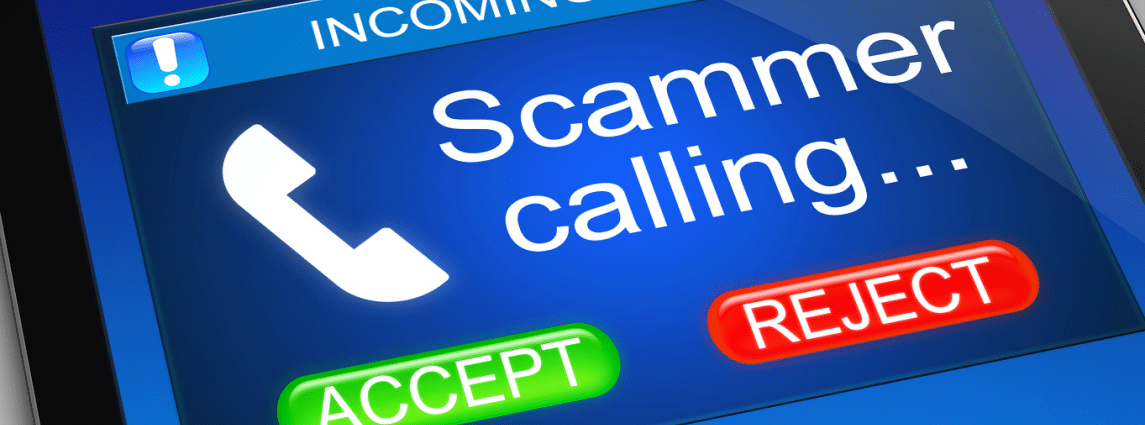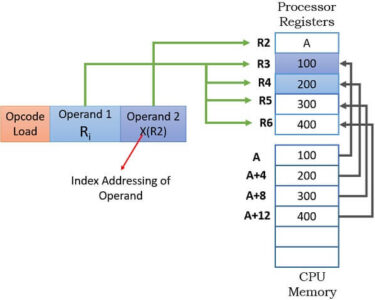
Phone Call Scam: Posing as Credit Card Debt Collector
Scammers are targeting individuals across the country with phone calls that falsely claim to be from credit card debt collectors. These calls often involve aggressive and intimidating tactics to pressure unsuspecting victims into paying fictitious debts.
How the Scam Works:
- Caller ID Spoofing: Scammers use technology to make it appear that the call is coming from a legitimate credit card company or debt collection agency.
- False Accusation: The caller alleges that the victim owes a substantial amount of money on a credit card.
- Aggressive Tactics: The scammer uses threats, intimidation, and urgency to pressure the victim into making an immediate payment.
- Payment Options: Scammers typically request payment via gift cards, wire transfers, or money orders.
Red Flags to Watch Out For:
- Unsolicited Calls: Legitimate debt collectors rarely call without prior notice.
- Aggressive Behavior: Threatening language or demands for immediate payment are common red flags.
- Request for Personal Information: Never provide your Social Security number, bank account details, or other sensitive information over the phone.
- Pressure Tactics: Scammers often create a sense of urgency to prevent victims from thinking rationally.
- Inconsistent Information: The caller may provide conflicting information or refuse to provide clear details about the alleged debt.
What to Do If You Receive a Scam Call:
- Remain Calm: Stay composed and don’t let the caller’s aggression intimidate you.
- Hang Up: If you suspect the call is a scam, end the conversation immediately.
- Report the Scam: Notify the Federal Trade Commission (FTC) at 1-877-382-4357 or reportfraud.ftc.gov.
- Alert Your Credit Card Company: Inform your credit card company about the scam to protect yourself from fraudulent activity.
- File a Police Report: Consider filing a police report if you feel threatened or have been defrauded.
Protect Yourself from Phone Scams:
- Be Wary of Caller ID Spoofing: Don’t trust the caller ID as proof of legitimacy.
- Ignore Request for Personal Information: Never provide sensitive information over the phone unless you have verified the legitimacy of the caller.
- Use Caution with Payment Requests: Legitimate debt collectors do not typically demand payment via gift cards or other non-traditional methods.
- Contact Your Credit Card Company: If you have concerns about your credit card debt, contact your credit card company directly to verify any outstanding balances.
- Trust Your Instincts: If something about the call feels off, trust your gut and terminate the conversation.


